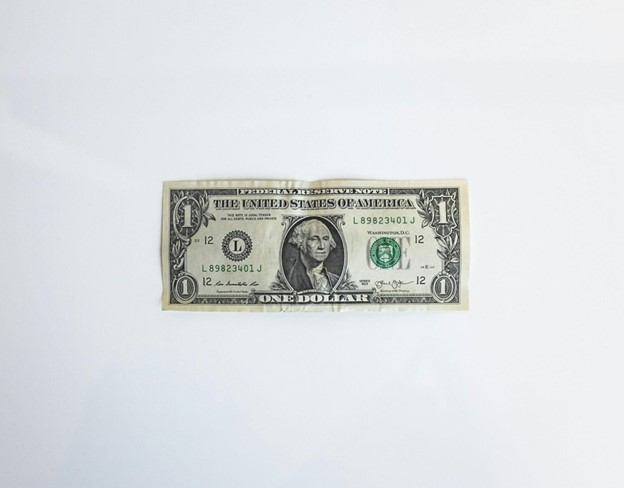
Summary: The check for your totaled car insurance payout may be sent to you or your lending company depending on who owns the vehicle. A number of factors will determine how much you’ll receive for your car totaled insurance payout. Following a car accident with a total loss to your vehicle, you can keep your vehicle in some cases, however, most are sold by insurance carriers to salvage yards. Estimated Read Time: 3 mins
If your car is totaled, the recipient of the insurance check depends on whether you still owe money on it. For example, a totaled car insurance payout if you own the car outright, means you’ll get a check. Otherwise, it goes to the leasing company or lender, known as the lien holder.
Notifying your lending company if you owe money on the vehicle is important, as they typically require full payment for the loss. You’re still responsible for monthly installments for leased vehicles, even if the car is totaled.
Paying for a totaled car can be a costly endeavor. However, you can protect yourself with loan/lease gap coverage, which covers the difference between your car’s value and what you owe.
Alternatively, new car replacement coverage can replace your car with the same make, model, and year depending on the time of the accident, typically within two years. It’s important to note that these coverages cannot be combined.
My Car Is Totaled, What Will Insurance Pay?
To gauge the value of your totaled car, consulting the Kelley Blue Book for its fair condition value is a great place to start. Typically, the KBB range will be 20% to 40% of the fair condition value, but due to damage, most vehicles fall around the 20% range.
It’s important to note that there’s no fixed method for valuing a totaled car insurance payout. It’s ultimately at the discretion of the adjuster, although negotiation is possible.
After reporting an accident, your insurance provider dispatches an adjuster to evaluate the damage. If deemed totaled, they’ll assess its pre-accident worth. Sometimes, a third-party adjuster is involved to ensure fairness. The insurance company then weighs both assessments to determine the vehicle’s value.
The actual cash value (ACV) is your vehicle’s pre-accident resale price, determined by insurance companies through comparisons with similar recent sales in your area, considering factors like trim level, options, mileage, and condition. Your deductible is deducted from the totaled vehicle payout.
Totaled vehicle payouts are typically received shortly after ACV determination, except for cases involving leased or financed vehicles, where the owed amount goes to the lease or loan provider. Your adjuster can provide details on payment timelines and rental car coverage.
If repair costs match or exceed the vehicle’s value, it’s often considered totaled, with some insurers totaling the car even if repair costs are lower. Inquire about your insurer’s valuation method for clarification as it may vary.
To dispute your car’s valuation, you’ll need to gather evidence of its higher worth. Notify the insurer promptly if you plan to keep the totaled car, and be aware of the salvaged vehicle’s implications. Consider guaranteed replacement coverage for cars under three years old for better protection.
What Does Insurance Do with Totaled Cars?
When your car is totaled, it’s either auctioned to a salvage yard or you can retain it yourself. Typically, the vehicle is auctioned, and the insurance company keeps the proceeds. If allowed, you may keep it and fix it, however, the insurer deducts the salvage value from your totaled car insurance payout.
The title must be changed to a salvage title, which prevents license plate issuance until repairs are made and a new title is obtained. Consult your carrier about salvage title laws before deciding.
Keep in mind that rebuilt-title cars are harder to insure, particularly for comprehensive or collision coverage.
Sources:
1. My car was totaled! Now what?, TDI. Accessed February 2024.
https://www.tdi.texas.gov/tips/car-totaled.ht
